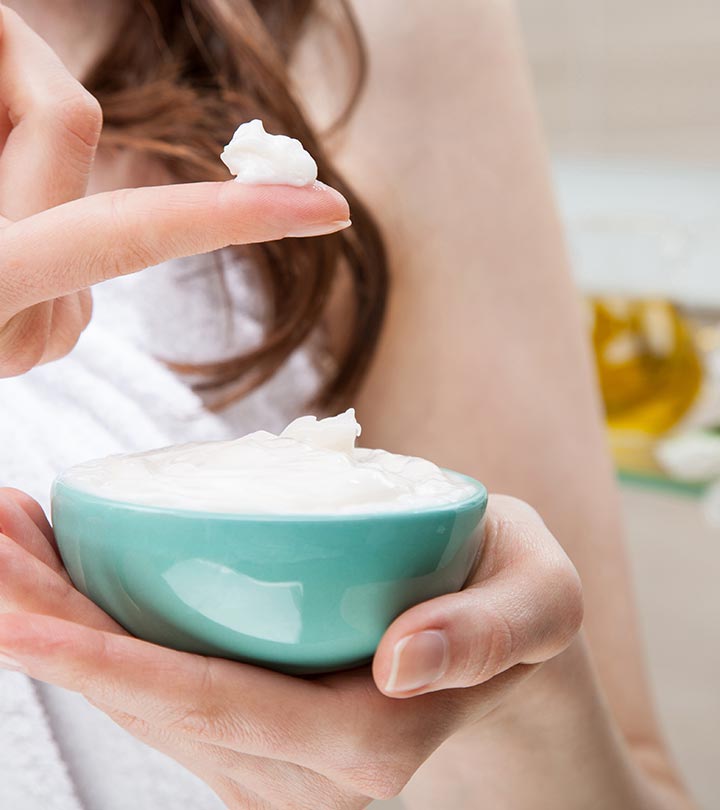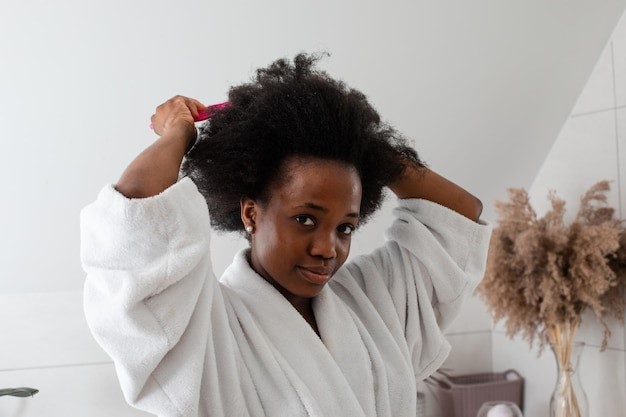In the world of hair care, the mantra often seems to be “the more moisture, the better.”
But, while conditioners promise soft, shiny, and smooth tresses, could it be possible that there’s too much of a good thing? If your hair feels a tad too limp, greasy, or lifeless lately, you might be falling into the over-conditioning trap.
Why we love conditioners
Conditioners are the unsung heroes of our hair care routine. Their promise? To lock in that elusive moisture, ensuring our locks are detangled, protected, and shiny. But like a rich dessert, what’s delicious in moderation can be overkill in excess. Over-conditioning can ironically strip your hair of its natural vibrancy.
Symptoms of over-conditioned hair
- Limpness: The buoyant bounce and volume? Gone. Instead, your hair feels flat and uninspired.
- Excessive greasiness: Softness is one thing; a slick, oily texture is another.
- Increased breakage: Overly moisturized hair can become too elastic, leading to breakage when brushed or styled.
- Dull appearance: Instead of that glossy shine, over-conditioned hair can appear lackluster and tired.

Understanding the over-conditioning paradox
While conditioners are designed to moisturize, overdoing it can make hair strands swollen, lifting the cuticles and making them more prone to damage. Imagine soaking in water for too long and getting wrinkly fingers; now imagine your hair undergoing a similar process.
Striking the perfect conditioning balance
• Know your hair type: Fine hair can get weighed down easily. Curly or coarser hair might demand more intensive moisture.
• Deep conditioning in moderation: These treatments are a treat, not an everyday indulgence. Use them sparingly.
• Mind the ingredients: Some conditioners contain silicones which can build up over time, masking true hair health.
• Rinse Right: Ensure all product is out. Residue can be a sneaky culprit behind lifeless locks.

Preventing over-conditioning
• Consider a hair detox: If you suspect you’ve been over-conditioning, give your hair a break. Use a clarifying shampoo to remove build-up and let your hair’s natural oils do their job for a week.
• Explore lightweight formulations: If you have fine or oily hair, consider switching to lightweight or volumizing conditioners.
• Adjust based on hair health: If you’re regularly using heat styling tools or have recently colored your hair, you might need a bit more conditioning. Conversely, if your hair is relatively healthy and untreated, you might need less.

The emotional roller coaster of hair woes
Hair isn’t just a style statement; it’s deeply personal. It’s wrapped up in our identity, our confidence, and how we present ourselves to the world.
Every bad hair day can feel like a small blow to our self-esteem. We’ve all had those moments, looking enviously at someone flaunting perfect hair, wondering, “What’s her secret?”
But the key isn’t in using products excessively; it’s in understanding your hair’s unique needs and finding balance. It’s about treating your hair with respect, not smothering it under layers of unnecessary product.
So, the next time you reach for that conditioner bottle, take a moment. Reflect. Listen to your hair and give it precisely what it needs—no more, no less. Embrace the liberation of optimal haircare and bask in the newfound vibrance of your locks.


